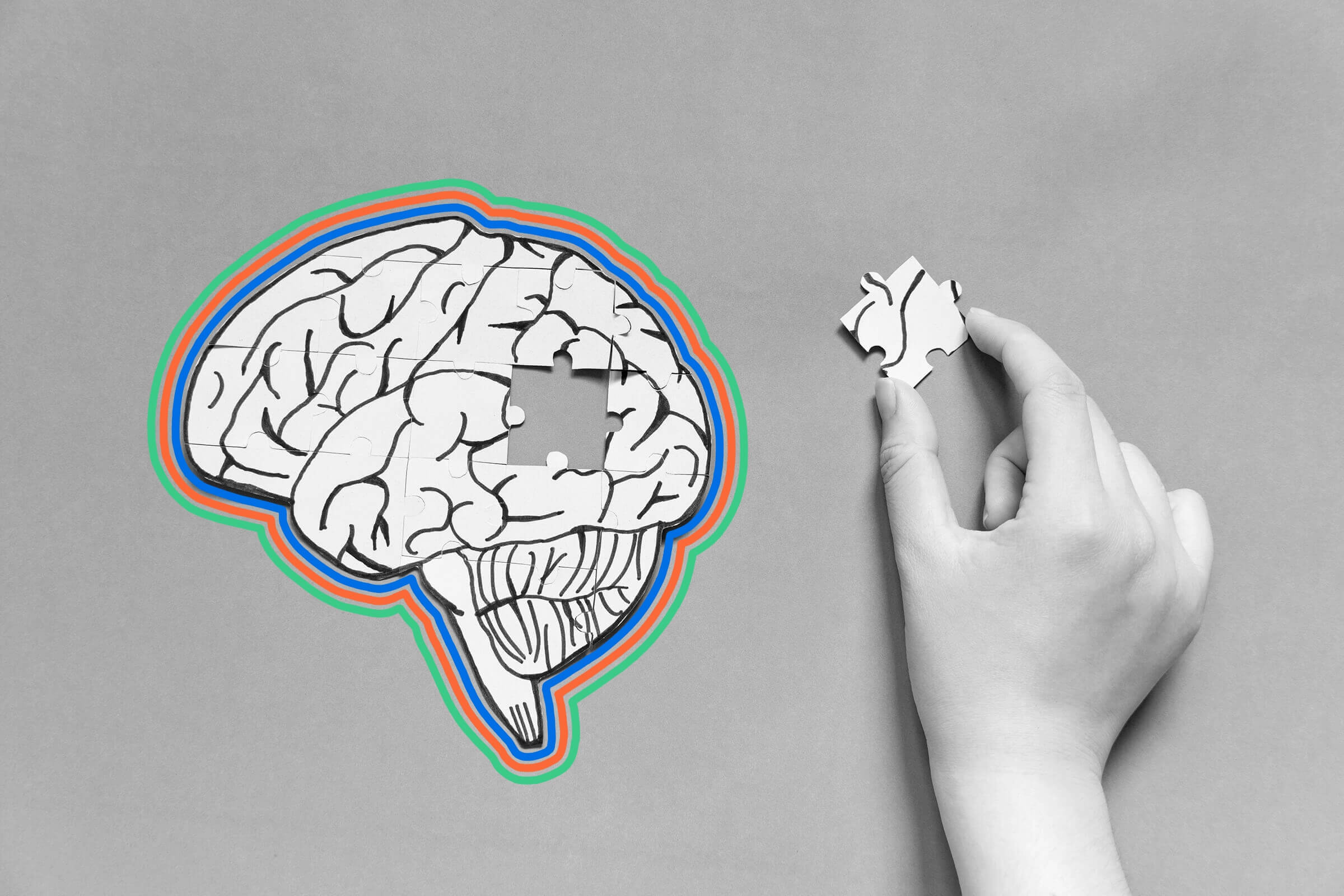| The aptly named __ has both gills and lungs, used to breathe in and out of water. |  |
|
|
 | Numbers Don't Lie |
|
 | | Average amount of air (in gallons) inhaled by a human in 24 hours | | 5,000 |
|
|  | | Number of alveoli, aka tiny air sacs, found in human lungs | | 300-500 million |
|
|
|
 | | Breaths a cheetah takes per minute while running at top speeds | | 150 |
|
|  | | Minutes actress Kate Winslet held her breath underwater while filming "Avatar: The Way of Water" | | 7:15 |
|
|
|
|
|
 | Scientists have found parasites that don't need oxygen. |
|
| Breathing is a requirement for most living creatures on Earth, except one: a parasitic, water-dwelling blob called the Henneguya salminicola. In 2020, a group of scientists from Israel, France, and the U.S. announced they had discovered that the parasite — which is microscopic and typically infects salmon — doesn't appear to breathe. In fact, it could be the only known non-breathing animal on the planet. H. salminicola belongs to the same family as jellyfish, which do breathe by absorbing the oxygen in water directly through their skin; however, H. salminicola lacks mitochondrial DNA, a part of the DNA sequence that turns oxygen into fuel to power the body's cells. Earth is home to many simple, single-celled organisms (like yeast and bacteria) that don't need to breathe, but H. salminicola stands out because it's the first known multicellular animal that's not dependent on oxygen — and researchers aren't sure why. One theory is that the parasite could get the power it needs to survive by stealing protein from its fish hosts. | |
|
|
|
| You might also like | | 6 Myths About the Human Body | | Do you really need to drink eight glasses of water a day or wait to swim after you eat? Here are a few common myths about the human body that you might be surprised aren't true. |  |
|  |
|
|
|
|
|
0 Comments:
Post a Comment
<< Home